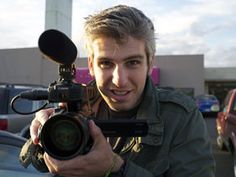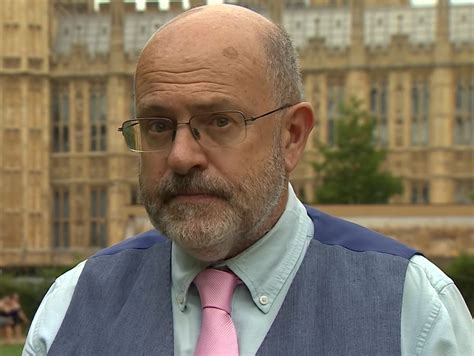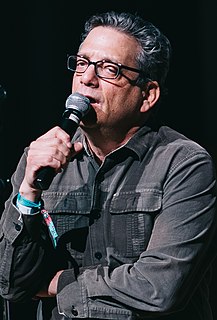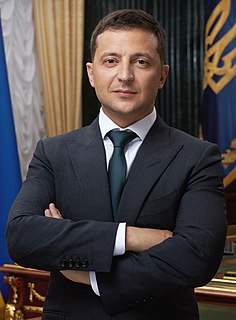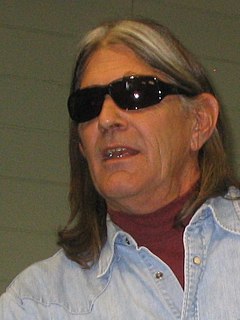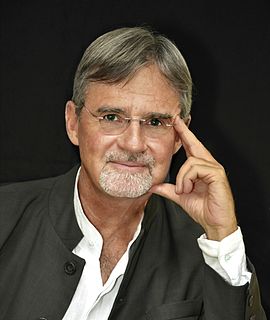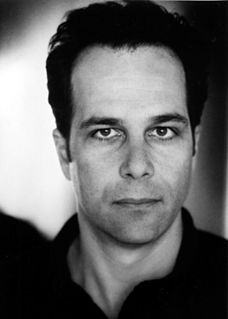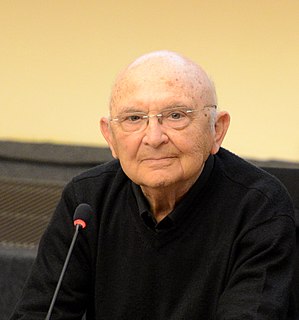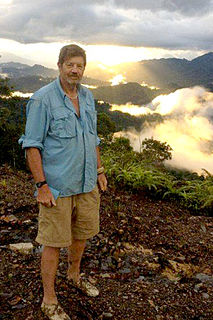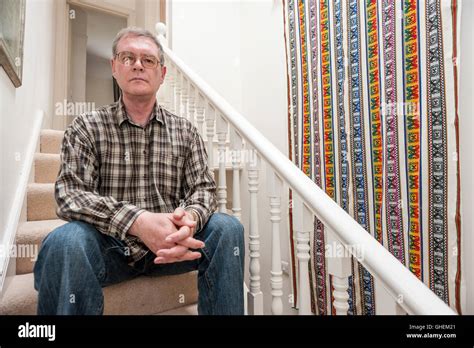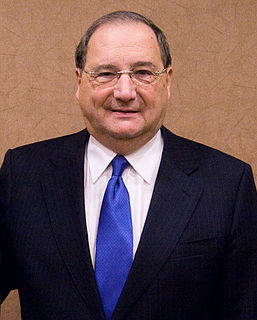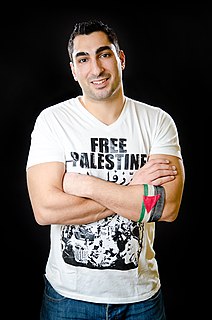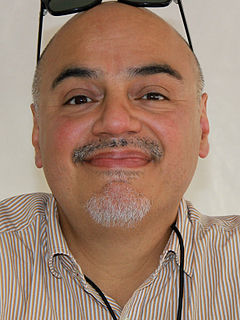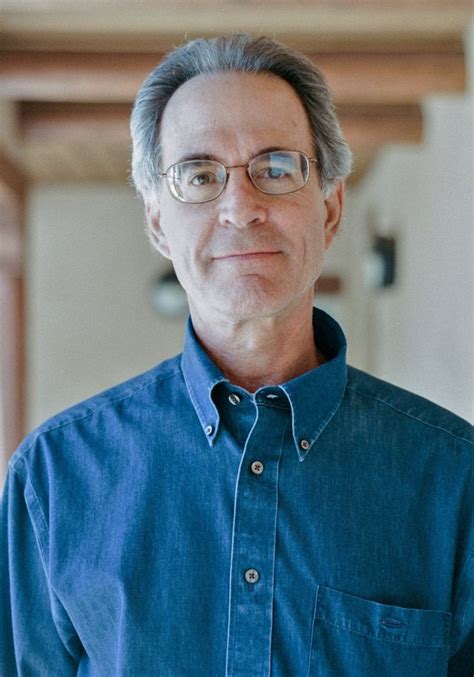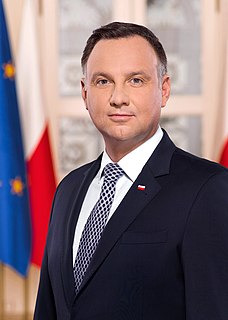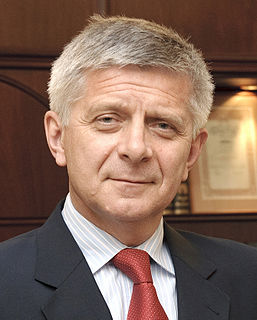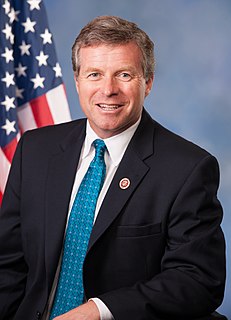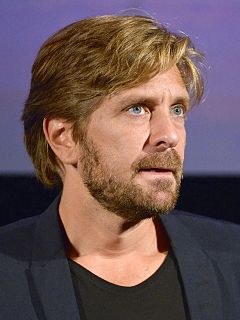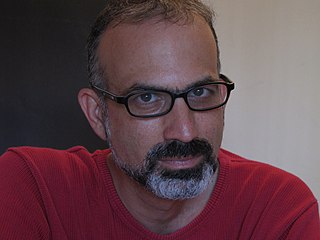Top 536 Holocaust Deniers Quotes & Sayings - Page 6
Explore popular Holocaust Deniers quotes.
Last updated on December 18, 2024.
If there is a country that has committed unspeakable atrocities in the world, it is the United States of America. They don't care for human beings.... What I am condemning is that one power, with a president [George W. Bush] who has no foresight, who cannot think properly, is now wanting to plunge the world into a holocaust.
The difference is that we have the hardest and most painful evidence that there was a Holocaust. But, for the global warming scenario that is causing such hysteria, we have only a movie made by a politician and mathematical models whose results change drastically when you change a few of the arbitrarily selected variables.
What I'm very upset about is the attempt to dictate to museums what they show, and the statements made by politicians in Washington that have curtailed the freedom of the National Endowment for the Arts. The attention to those issues is deflected by the spin of my supposedly having trivialized the Holocaust.







